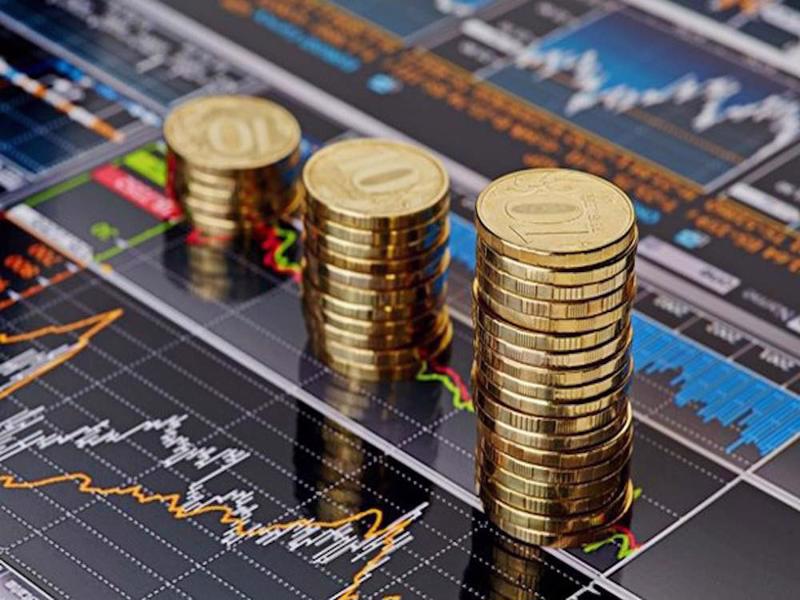In an assessment from SGI Capital, it wrote that major global stock markets in August reflected two macro factors.
Firstly, at the Jackson Hole Economic Symposium in Jackson Hole in the US, the Chairman of the US Fed continued to commit to curbing inflation even though this may have short-term negative impacts on the economy. The long-term gain of stabilizing prices and strengthening the credibility of the Fed are more important priorities.
As a result, investors changed their expectations over the US Fed halting increases to interest rates in the first half of 2023 and even lowering rates, to expectations that it will continue to increase rates to 3.25-3.5 per cent.
Secondly, there is risk of recession in Europe along with weaknesses in the Japanese and Chinese economies as the Fed drastically tightens its policies. This continues to put great pressure on investment flows into risky assets around the world.
This pressure will gradually ease as the downwards inflation trend becomes clear and prompts central banks, especially the US Fed, to consider ending interest rate hikes in the next 3-6 months, according to SGI Capital.
It said that Vietnam’s economy is still recovering based on internal factors such as industrial production, retail sales, and trade, while the budget balance remains positive. The third quarter of this year is expected to see strong growth compared to 2021.
However, SGI Capital also noted negative external impacts such as exchange rates and declining demand on the domestic economy and businesses.
In general, Vietnam, some other ASEAN countries, and India are viewed as stable and having potential. They also had the world’s best-performing stock markets in August.
Regarding monetary policy over the remaining four months of 2022, SGI Capital continues to maintain a view that the State Bank of Vietnam (SBV) will be cautious in managing credit and interest rates, with a focus on stabilizing exchange rates and inflation and reaching this year’s GDP growth target.









 Google translate
Google translate